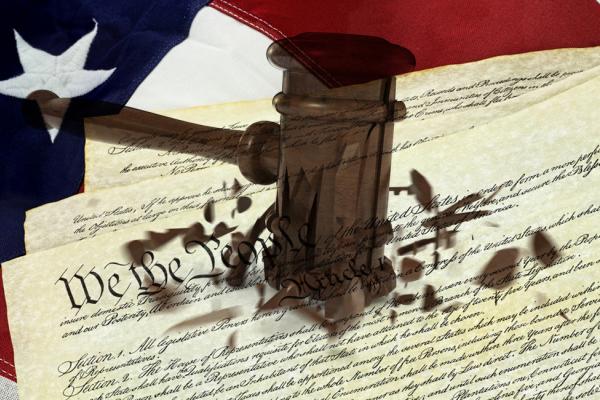Feeling anxious about your tax liability as April 15 nears? The Bible has many references to taxes that will sound strangely relevant at this time of year — beginning with the story of David and Goliath.
Many remember a teenage boy offended by insults thrown by a giant foe against his nation and God himself, who volunteers to go into battle with a slingshot. But did you know that a tax incentive was part of his prize?
Visiting the battlefield, David learns: “The king will give great wealth to the man who kills (Goliath) and will exempt his family from taxes in Israel,” (1 Samuel 17:25).
Throughout Scripture, tax discussions mark many passages, as ancient men and women worried about how they would pay.
In his strongest personal remarks yet on the clergy sex abuse scandal, Pope Francis on Friday asked forgiveness “for the damage” that abusive priests have inflicted on children and pledged that the Catholic Church “will not take one step backward” in efforts to address the crisis.
“I feel compelled to personally take on all the evil that some priests — quite a few in number, though not compared to the total number — and to ask for forgiveness for the damage they have done by sexually abusing children,” Francis said.
“The church is aware of this damage,” he said. “It is personal and moral damage, but carried out by men of the church. And we do not want to take one step backward in dealing with this problem and the sanctions that must be imposed. On the contrary, I believe that we have to be very firm. Because you cannot take chances with children!”
“You are not only a coward but a non-believer as well.”
It may not quite be at the level of Captain America’s vibranium shield, but my skin is a lot thicker than it used to be. When you start a blog that promotes something as insanely unorthodox as the idea that the author of Genesis 1-3 might have (like most other biblical authors) made use of a metaphor here and there, you come to expect that some fundamentalists are going to call Father Merrin and start reaching for the holy water.
It’s unfortunate — and, often, perplexing — but you learn to get used to it.
Even so, there are times I receive emailed messages like the one quoted above, and it hits like a punch in the gut. I know I should just ignore such trollishness. Usually I can. But not always.
Don’t worry, though. This is not a whiny column about how mean the conservatives are to us open-minded, forward-thinking progressives. Instead, it’s about how messages like this are helping me rethink almost everything I thought I knew about the Christian faith.
It started when the United States Supreme Court determined that corporations were people and, as such, had similar rights and protections as us oxygen-breathing types. And now, in another recent decision, the court has decided that people (individual human beings or corporations) have the right to donate to an unlimited number of political candidates — therefore removing the aggregate cap on total donation amounts — as such gifts should be protected as an exercising of free speech, as defined in the constitution.
So much for representative democracy.
It’s my understanding that the founders of our nation and the framers of our constitution held the notion of representative democracy fairly sacred.
New York Mets second baseman Daniel Murphy recently took some heat from a few peers of his in sports media for taking the first few games off of the new baseball season to be with his wife while she gave birth to their baby. In particular, former NFL quarterback Boomer Esiason said on the WFAN radio show that Murphy needed to “get his ass back to work,” and that Murphy's wife should have undergone a C-section before the beginning of the season so he would not miss any games.
This kind of language is insensitive enough, but it is especially shocking coming from Esiason, who is a father to a child with special needs himself. Boomer has since retracted his comments, apologizing not only for his insensitivity, but for dragging Daniel's personal life, and that of his wife, Tori, into the public conversation. But if anything good can come from this, it is that it has raised the issue of a father's role in the birth in the early months or years of his child's life.




